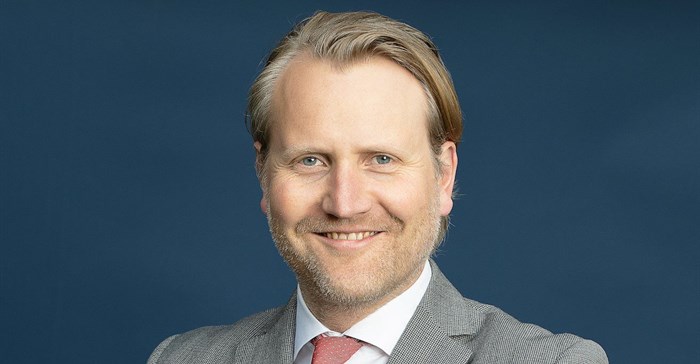Global aviation, one of the economic sectors worst hit by the Covid-19 pandemic, is on a rebound. Apart from increased flight bookings, industry data points to a major shift in trends with travellers increasingly seeking value for money, as evidenced by growing demand for premium economy travel.

Marius van der Ham, General Manager, Air France-KLM, East and Southern Africa, Nigeria and Ghana
That simply refers to an in-flight class in between economy and business in terms of price, comfort, amenities and positioning on the aeroplane. Travellers get to enjoy better perks than when flying economy but less than what is offered in business class.
Data released in February by the International Air Transport Association (IATA) show global airline traffic had recovered to 69% of pre-pandemic levels, from 64% in 2021. The International Civil Aviation Organization (ICAO) also put the number of passenger aircraft in service last year at 75% of pre-pandemic levels, signalling a strong recovery trajectory.
But even as more people take to the skies in a post-pandemic world, interesting dynamics are shaping the market. This is especially so in long-haul flights—over 4,000 kilometres (2,485 miles)—where more travellers opt for a dearer ticket in return for a more memorable
flying experience.
Global travel trends
A report titled Global Travel Trends 2020 by Skyscanner, an online travel booking site, shows that more travellers booked more premium economy tickets than was the case with business and economy classes. It notes that "when it comes to longer journeys, people are
willing to pay more for extra comfort", signifying a more discerning passenger in what is, essentially, a price-sensitive market.
Emerging market trends show more people are now prepared to fork out a little more money to enjoy perks that enrich their travel. For instance, there is a greater demand for comfort, with flying seen as more than just occupying a seat on an aeroplane.
A growing number of passengers are now keen on the entire experience—right from booking to arrival at the final destination. Besides wider seats, extra legroom, knee space and greater seat recline, premium economy passengers get priority service on the ground, starting at check-in. There are also better in-flight meal options and amenities than on the economy.
There is, therefore, a huge opportunity for airlines to upsell customers to higher-fare categories, especially economy to premium economy, on long-haul routes. Moreover, this concept has been around for a while but is now becoming very popular.
Comfort on a budget
Based on insights from extensive market research, the customer looking to fly premium economy is one seeking comfort on a budget; doesn’t mind paying more for a ticket if it means getting through the airport faster; and has possibly experienced the perks of business class on work trips and, therefore, values extra comfort and convenience. In short, they want a luxurious journey at an affordable price.
Still, given the uptrends in this segment, airlines and travel agents must work hard to debunk the myth among travellers that anything above an economy flight is expensive and beyond reach. Comfort, not price, is the key selling point; hence the ‘premium comfort cabin’ term
at some airlines.
The customer needs to see the value in the extra money they are paying for the air ticket. More importantly, airlines have to respond to the rising demand from business and leisure travellers for a unique, authentic and compelling flying experience.































